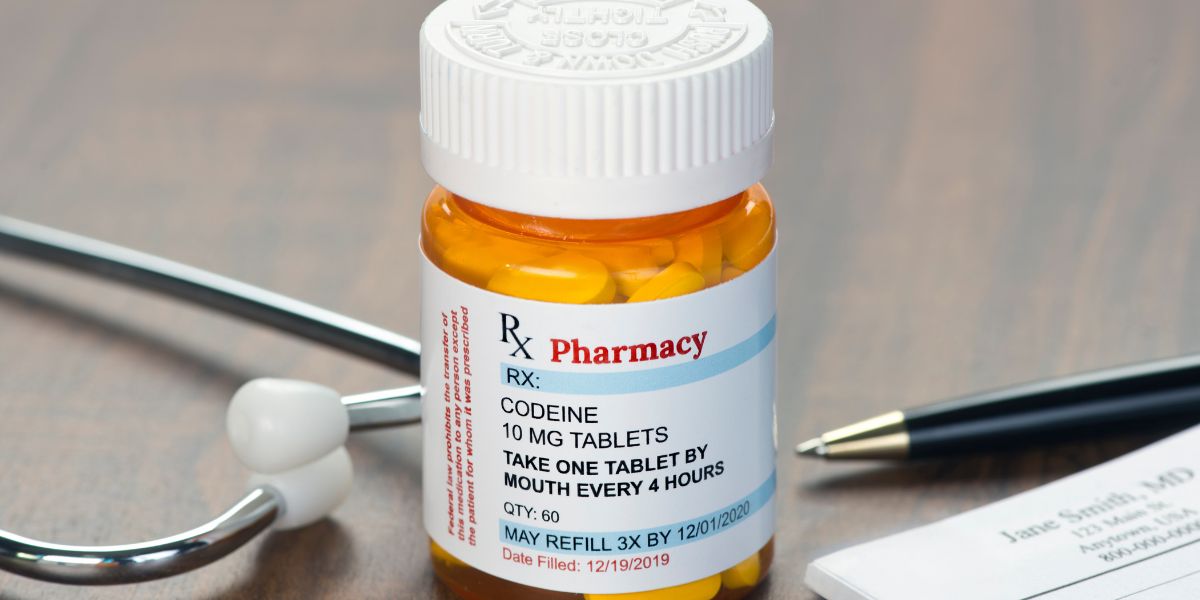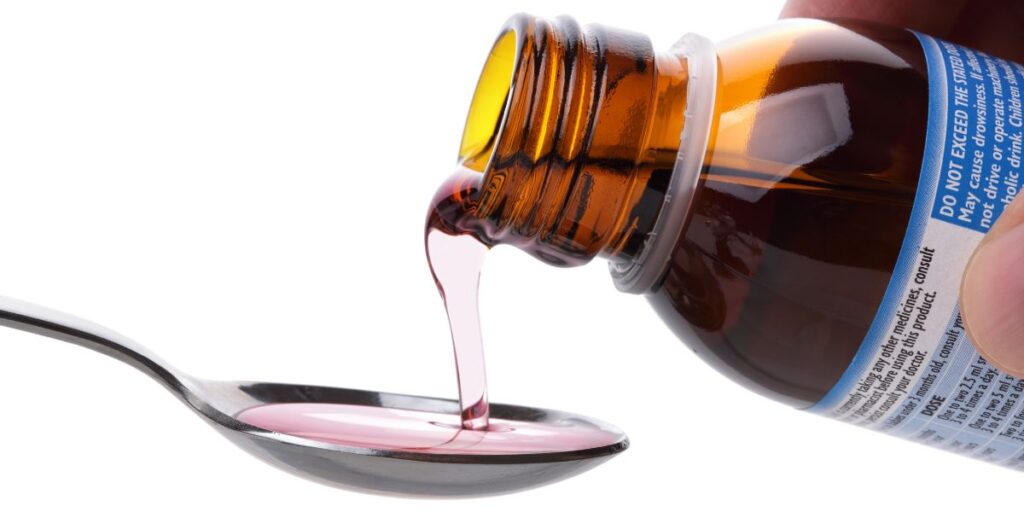Codeine Abuse and Addiction Side Effects and Treatment


Many people wrongly believe that codeine is safer than other opioids. People often use the codeine in cough syrup to make “lean” or “purple drank,” contributing to its popularity as a recreational drug. This has led to an increase in codeine addiction and abuse in the US, particularly among young people.
Codeine stands out as the sole opioid not consistently classified as a Schedule II drug. Schedule III classifies medications containing less than 90 mg of codeine. They classify medications with 90 mg or more of codeine as Schedule II. Sorting things this way confuses people and spreads the incorrect belief that codeine is not as addictive or potent.
Frequently, codeine misuse acts as a gateway to addiction. Experts estimate that around 33 million Americans misuse codeine annually, and a significant number eventually develop dependencies on codeine and other opioids. Many people who struggle with opioid addiction say they started with prescription medications like codeine.
Fighting codeine addiction is tough, like overcoming other substance use disorders. Patients may need specialized treatment programs to help.
What Is Codeine?
Codeine is a pain medication used to treat mild to moderate pain. Popular in the US because it works fast, but its effects don’t last as long as those of stronger pain medications. Codeine is versatile in its administration and is available in various forms, such as tablets, capsules, and liquids.
In combination with promethazine, codeine serves dual purposes: it suppresses coughs and alleviates pain. While it does not address the root cause of coughing, it effectively diminishes the nerve impulses that trigger the cough reflex.
A consensus among numerous lawmakers and advocates is that codeine, irrespective of the amount prescribed, ought to be classified consistently as a Schedule II substance, warranting greater regulatory scrutiny than it is currently subjected to.

What Is Codeine Addiction?
Codeine carries a high risk of addictive properties. Many people believe that codeine is not as potent or addictive as other opioids. However, once the liver and kidneys metabolize it, codeine becomes just as potent as morphine.
Both prescribed codeine and recreational use can become addictive quickly due to consistent use. This is because their bodies develop tolerance and dependence over time.
Codeine addiction is a type of opioid addiction. It requires professional help. This is similar to treating drug addictions like oxycontin, heroin, or other opioids.
Signs of codeine addiction include:
- Using up a prescription faster than expected
- Consulting multiple doctors or pharmacists to obtain more codeine
- Needing increasing or more regular dosages to attain the same result
- Mixing codeine with alcohol or drugs
- Experiencing a strong desire for codeine
- Taking medication from friends or family members without permission
- Using alternative medications to replicate the effects of codeine
- Feeling anxious about the possibility of running out of codeine
- Concealing the actual amount of codeine consumed
- Deteriorating mental health conditions
- Suffering withdrawal symptoms in the absence of codeine
Codeine Side Effects
The effects of codeine differ from person to person. It depends on their body, tolerance level, dosage, and whether they combine it with other substances or alcohol.
Normally, codeine starts working in 30 minutes and lasts 4-6 hours if taken correctly as prescribed. Codeine slows down the central nervous system, causing drowsiness, relaxation, and lower breathing and heart rates.
Codeine is popular because it can make people feel calm and happy. However, it also has unwanted side effects. These side effects can counteract the positive effects of codeine.
Immediate and temporary side effects of codeine can include:
- Parched mouth
- Experiencing lightheadedness
- Feeling nauseous
- Vomiting
- Diarrhea
- Experiencing abdominal pain and cramps
- Developing flushed skin or a rash
- Itching
- Pupils becoming enlarged
- Feeling cold
- Perspiring
- Becoming confused
- Losing physical coordination
- Experiencing slowed reflex actions
- Feeling anxious
- Speaking unclearly
- Having blurred vision
- Experiencing reduced breathing rate
- Alternating between consciousness and unconsciousness

Long-term side effects from codeine abuse can include:
- Anxiety and panic disorder
- Sexual dysfunction
- Tooth decay, also known as “lean teeth”
- Weakening of muscles
- Deterioration in cognitive abilities
- Loss of memory
- Development of ulcers
- Develop an addiction
- Damage to the kidneys
- Damage to the liver
- Persistent tiredness
- Infections in the urinary tract
- Constipation
- Difficulty sleeping
- Decay of bowel function
- Muscle spasms
- Occurrence of seizures
Codeine Addiction Treatment and Rehab
If you or someone you know is dealing with codeine addiction or substance abuse, there are effective treatment practices that can help.
At White Oak Recovery Center, our team will help you create an evidence-based, personalized plan to treat your codeine addiction. We will tailor this plan to meet your needs and concerns, and our caring staff will support you.
At WORC’s private residential facility, we provide onsite medical detox to make sure your withdrawal is safe and dignified. Our team provides 24/7 medical care to support you during this process.
Contact us today. Our treatment specialists can answer questions and help you start on your path to recovery.

Am I covered for addiction treatment?
Your insurance may cover treatment. Call now for an entirely free and confidential assessment. Recovery starts with a phone call.

- Peechakara, Basil V., et al., “Codeine.” StatPearls Publishing, Feb. 2024.
- Sproule, B.A., et al., “Characteristics of Dependent and Nondependent Regular Users of Codeine.” J Clinical Psychopharmacol, Aug. 1999.
- Lee, Eleanor & Cooper, Richard J., “Codeine Addiction and Internet Forum Use and Support: Qualitative Netnographic Study.” JMIR Mental Health, Aug. 2019.
- Stotts, Angela L., et al., “Opioid Dependence Treatment: Options in Pharmacology.” Expert Opin Pharmacother, Aug. 2009.
Medical Disclaimer:







